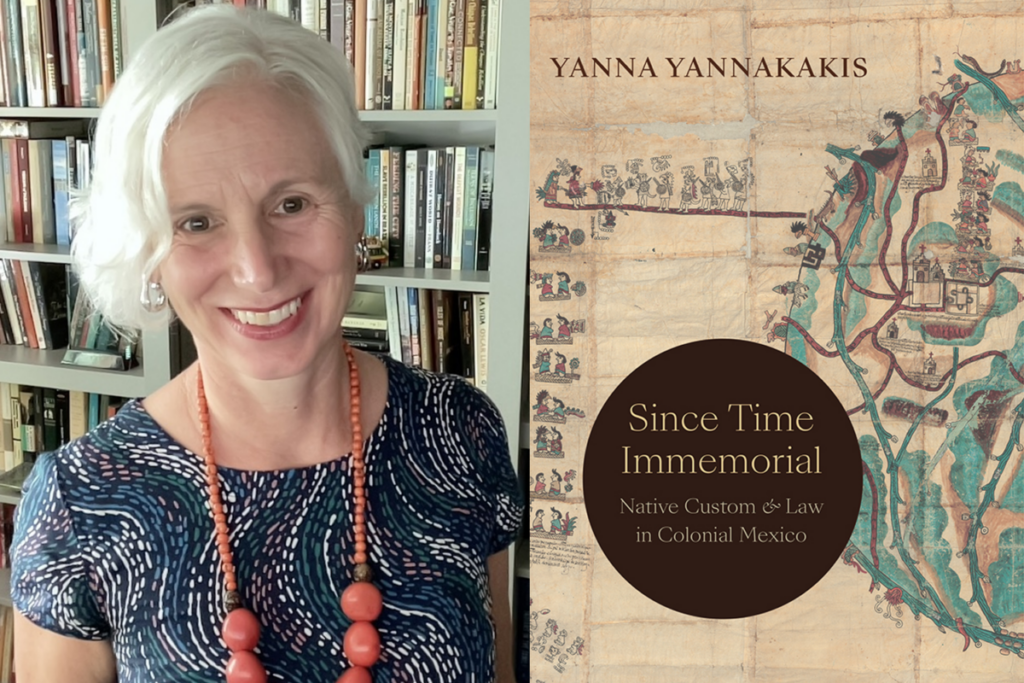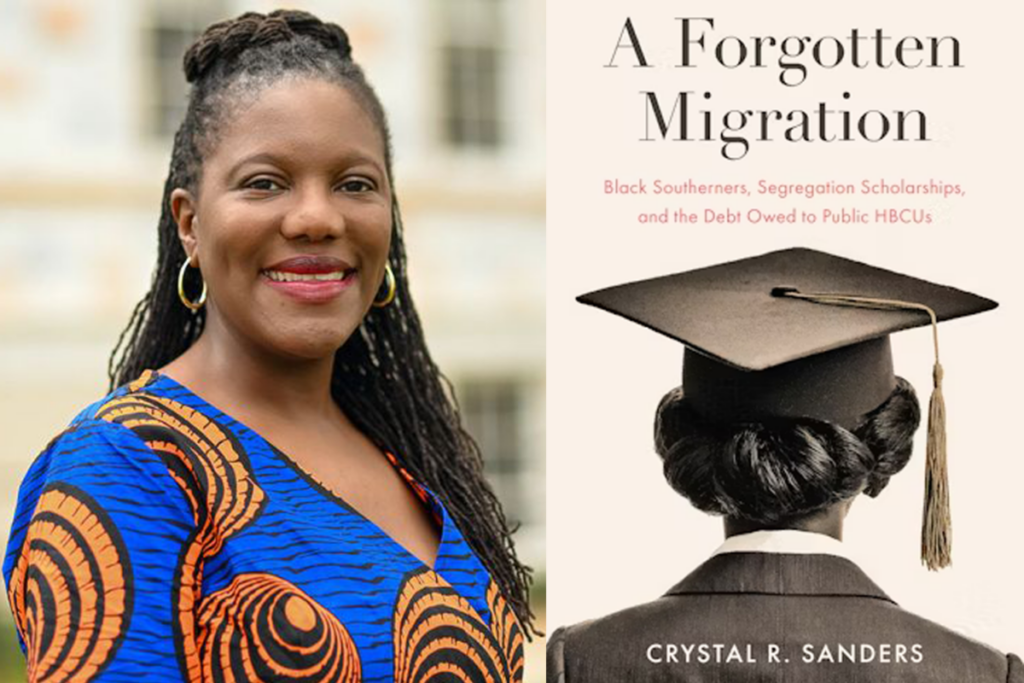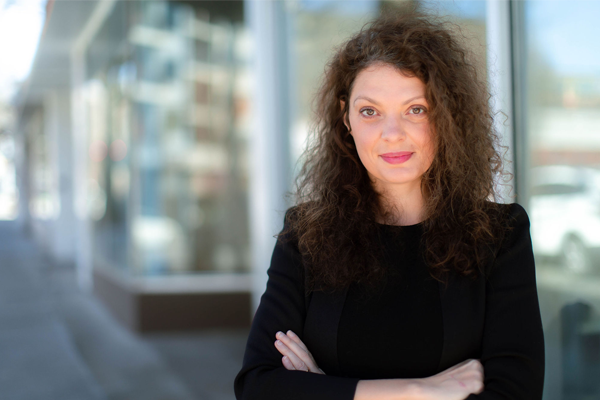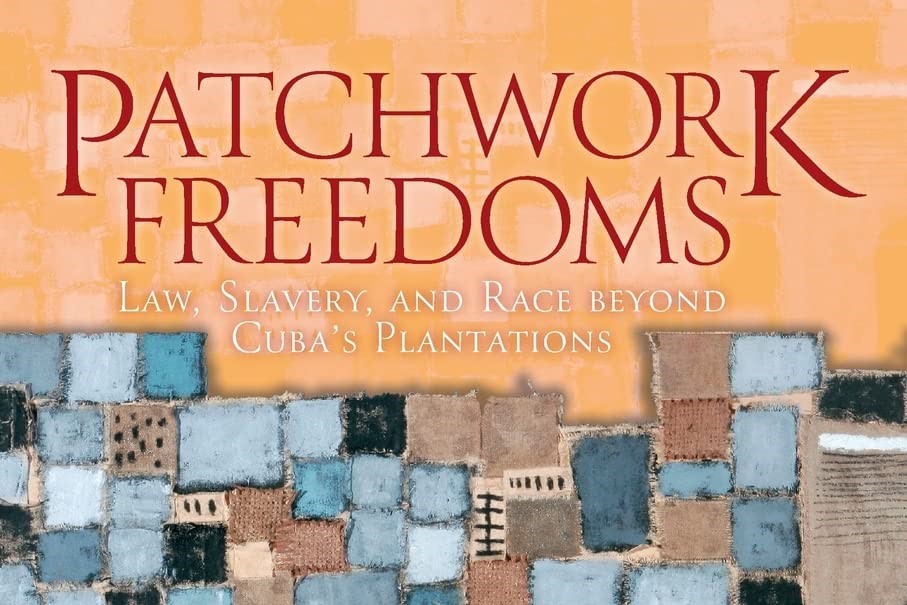
Each year Emory’s 40 Under Forty program features a group of innovative alumni creating positive change throughout the world. The 2025 cohort includes two former history majors doing remarkable work in business, law, and academia: Jeremy Evans (09C) and Matthew Kim (10C, 10G).
Read profiles of Evans and Kim published by the Emory 40 Under Forty program below, and browse all the members of this year’s outstanding cohort.

Jeremy Evans 09C is a partner in the Financial Restructuring Group at Paul Hastings LLP, where he advises some of the world’s largest asset managers and hedge funds. He structures complex financing transactions and restructurings across industries and asset classes, approaching challenging situations with creativity and strategic insight to achieve successful outcomes for his clients. Evans studied history and religion and was deeply engaged in campus life.
Read more
A student-athlete, he was a four-year member and three-year captain of the Men’s Golf Team, served on the Varsity Athletic Committee, and was recognized as a Georgia Collegiate Athletic Association All-America Scholar Athlete and University Athletic Association All-Academic honoree. He went on to earn a law degree, graduating magna cum laude from the University of Miami School of Law.
Jeremy has been recognized as a New York Metro Super Lawyers Rising Star, named to the Best Lawyers Ones to Watch list, and honored with the Turnarounds and Workouts “Outstanding Young Restructuring Lawyers” award in 2024.
His time at Emory instilled in him the discipline, perspective, and drive that continue to guide his professional and personal success.
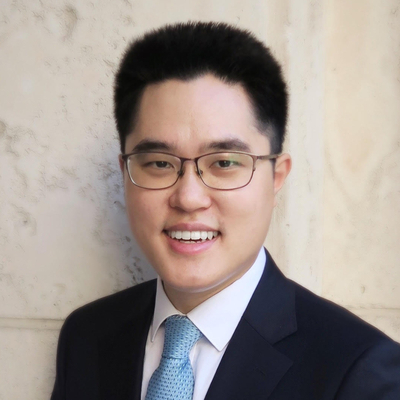
Matthew Kim (10C 10G) is an assistant professor at the University of Florida Levin College of Law, where he combines his passions for research, teaching, and public service to shape the development of the law. His scholarship, which focuses on criminal law and civil procedure, has appeared in leading law reviews, including The Ohio State Law Journal, Florida Law Review, and Texas A&M Law Review.
Read more
His academic journey began at Emory College, where he majored in international studies and history, building a strong foundation that informed his graduate and professional studies in law, international relations, political science, and statistics.
Through his teaching and research, Kim continues to explore complex legal questions while mentoring a new generation of lawyers and scholars.


